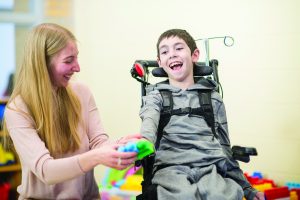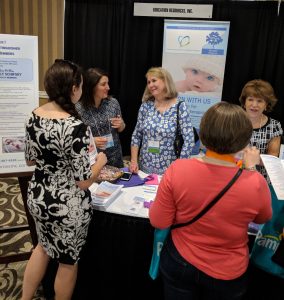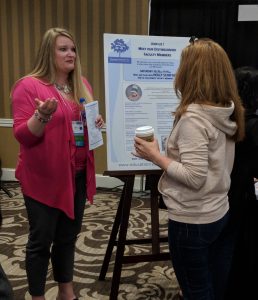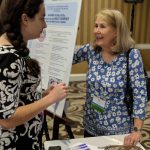
We have added four new online courses to our e-learning program.
Recorded live at our Eighteenth Annual Therapies in the School conference this conference focuses on the latest advances in school based practice for therapists. It covers aligning motor needs with educational needs, and how to improve executive function in children who are receiving therapy services in the school setting. How primitive reflexes can be relevant to school-based practice, as well as strategies to integrate these primitive reflexes are discussed. Using evidence to help guide decisions on goals, dosage, and frequency are covered for motor needs in children with autism.
Introductory Special Rate of $499 for the Complete Package of these New Courses
(regular price $599)
Please use code “SchoolOnline2018” and register by May 25th 2018.
Recorded live at our popular Therapies in The School Conference 2017
You can choose from four individual courses, or choose the complete package of all courses; a great option to share with your colleagues or district:
Four Dynamic Online Sessions:
(Please click on each session title for detailed information)
- Aligning Strategies to Support Motor Needs with Curriculum Goals
- How to Assist Children with Executive Function Dysfunction as a Related Service Provider
- Strategies to Promote Integration of Primitive Reflexes
- Using Evidence to Help Guide Decisions on Goals, Dosage, Frequency, Priorities and Interventions for Motor Issues in Autism
COMPLETE PACKAGE OF ONLINE COURSES FROM Therapies in The School 2017
Introductory rate of $499 using code: TherapiesOnline2018
Combine These Sessions with our Other Pediatric Online Courses
Please share this information with your colleagues
Our Online Courses offer:
- Strategies to Implement in the Classroom
- Professional Development On Demand
- Convenient and Flexible Learning
- Cost Effective Continuing Education
It’s the next best thing to attending live!
REGISTRATION FEES:
$144-$179 per session ($34 per additional registrant – up to 19)
$599 for all sessions ($44 per additional registrant up to 19)
Each session meets the criteria for 2.5 – 4.5 contact hours (0.25 – 0.45 CEUs)
CEU certificates will be downloadable following successful completion of a post test.
Individual registrations are available online.
Please call the office with any questions and for group/district registrations or click here for a Registration Form and mail or fax in the form with payment
We know that for some of you, it may not be possible to attend every conference you would like, and for others, supplemental materials will enhance your learning when attending our highly regarded live programs. Still others have told us that they want to share the material they have learned at one of our live courses with their colleagues, administrators and the families they serve. That is why we developed our new e-Learning program taught by leading experts in their fields.
Please visit our FAQ Page and CEU Page for more information.
]]>
 ERI Booth NANT 8[/caption]
ERI Booth NANT 8[/caption]
 Holly Schifsky Spending time withe ERI booth visitors[/caption]
Holly Schifsky Spending time withe ERI booth visitors[/caption]
 ERI Faculty Lynn Wolf Meeting Neonatal Therapists NANT 2018[/caption]
ERI Faculty Lynn Wolf Meeting Neonatal Therapists NANT 2018[/caption]
